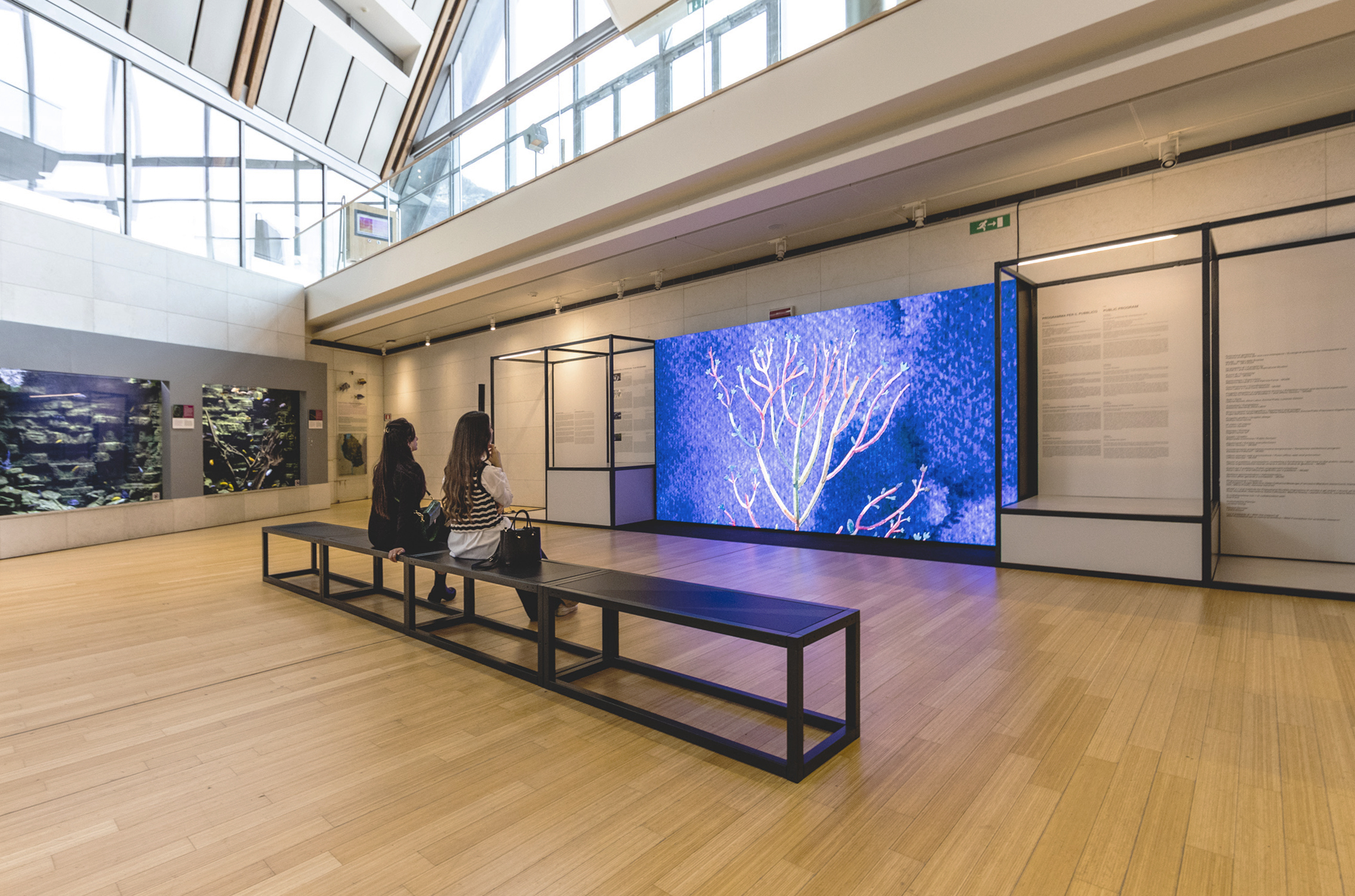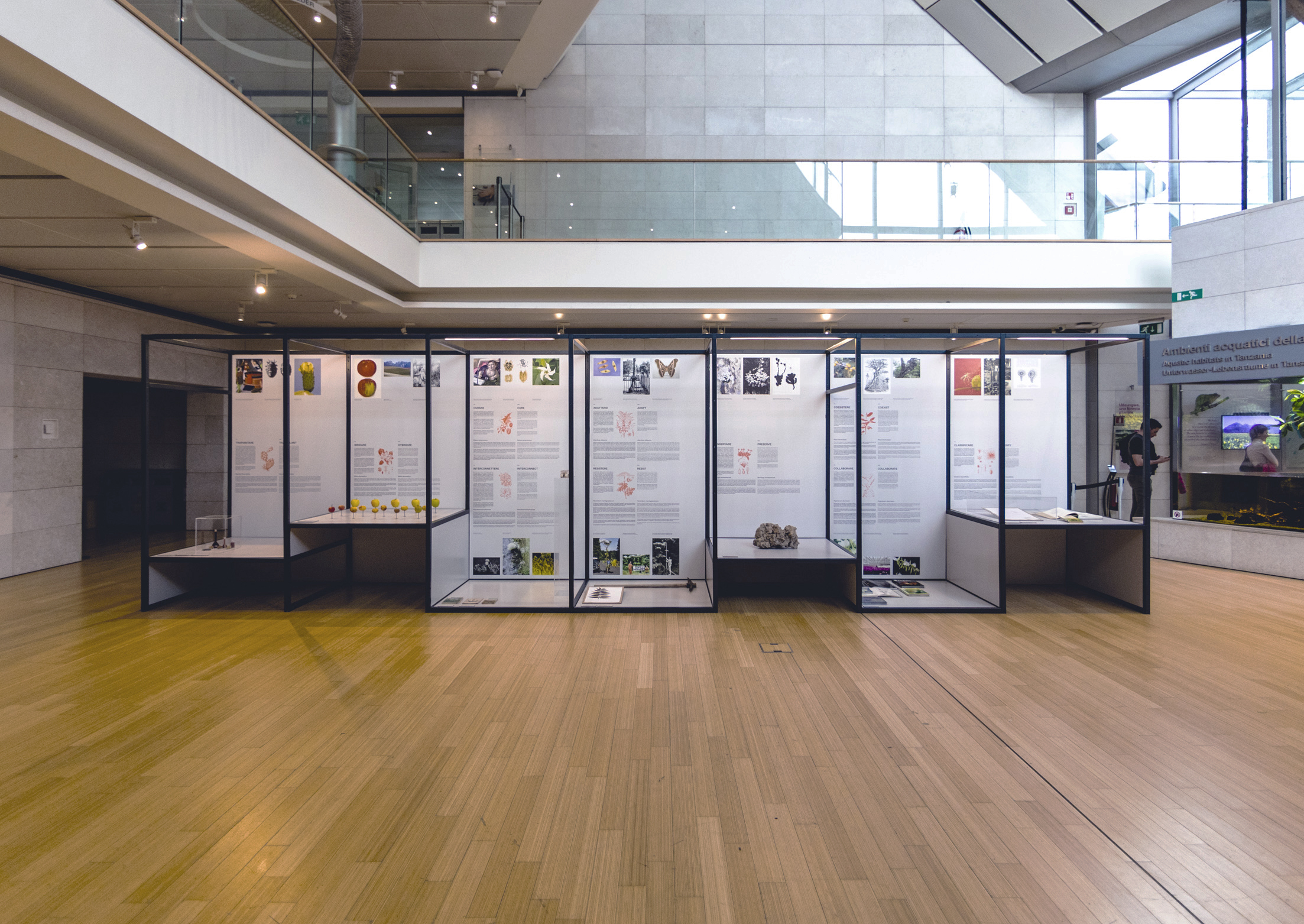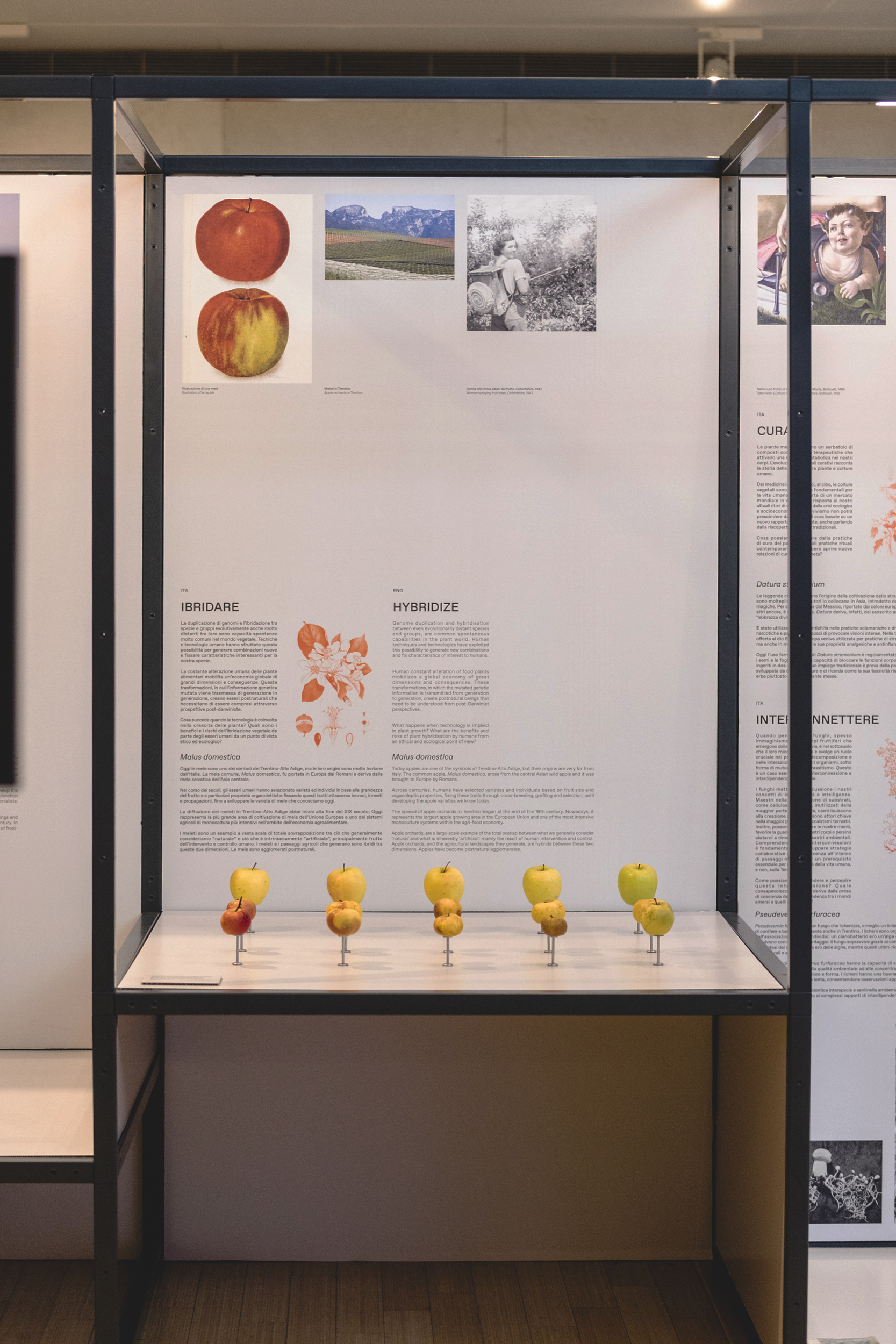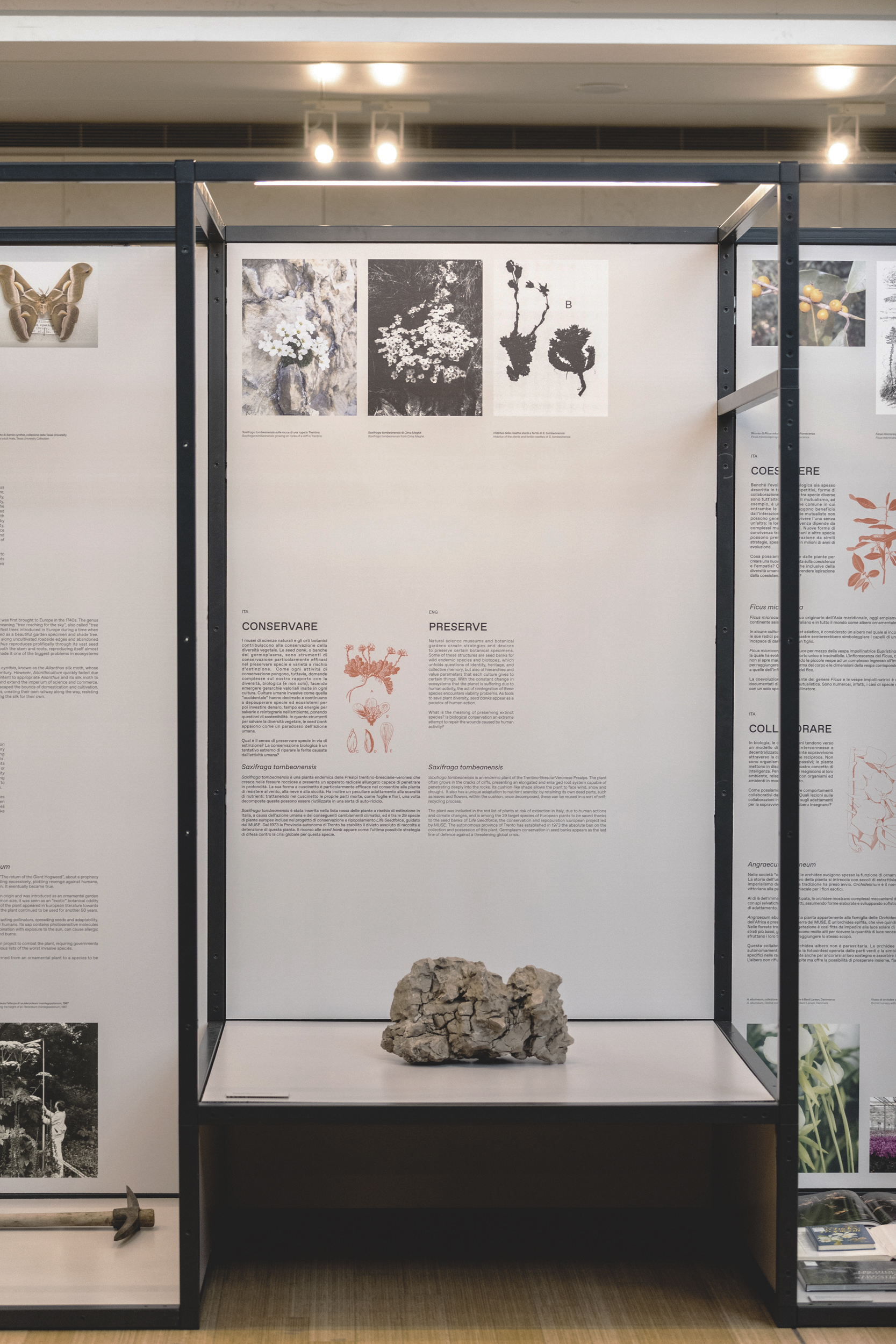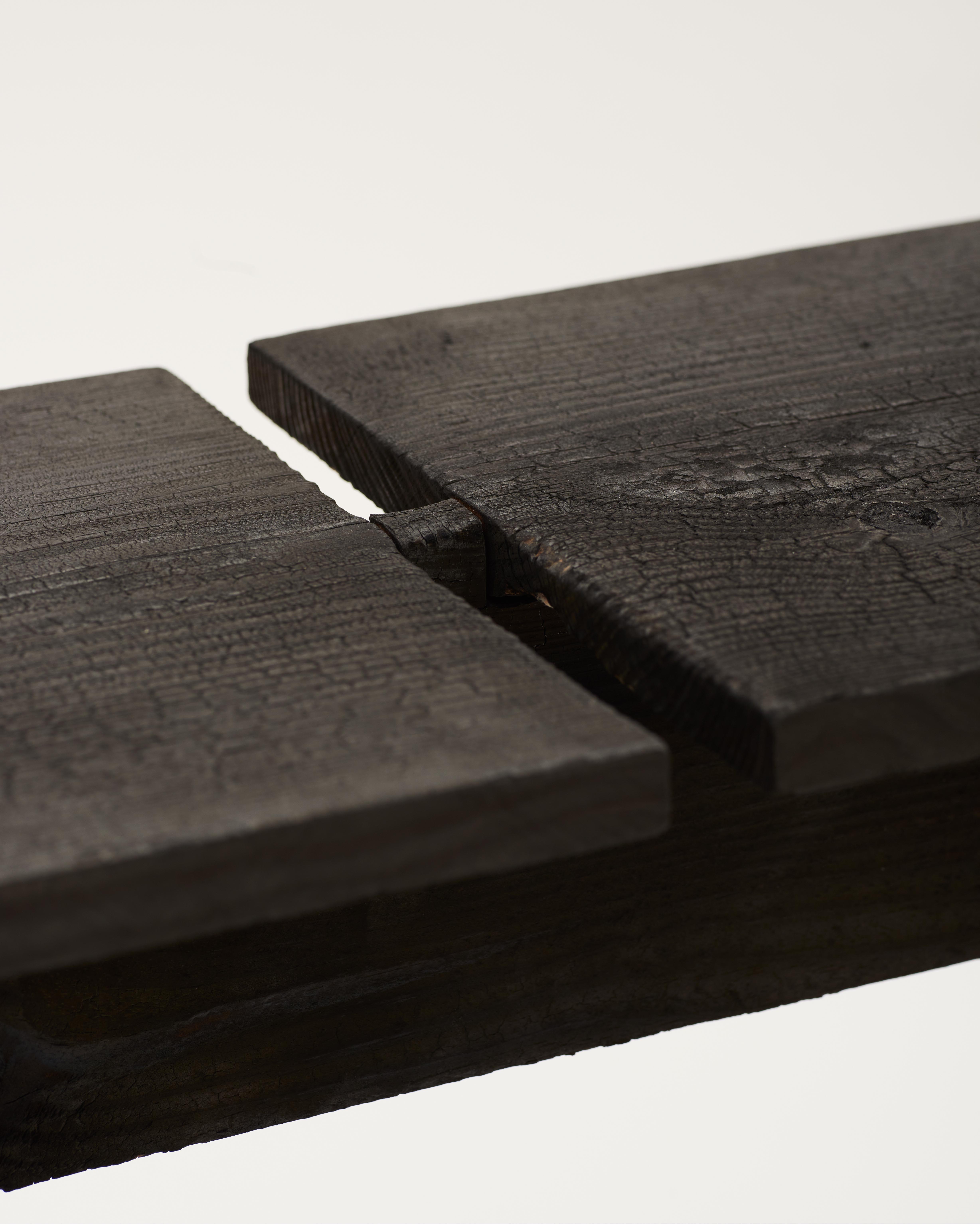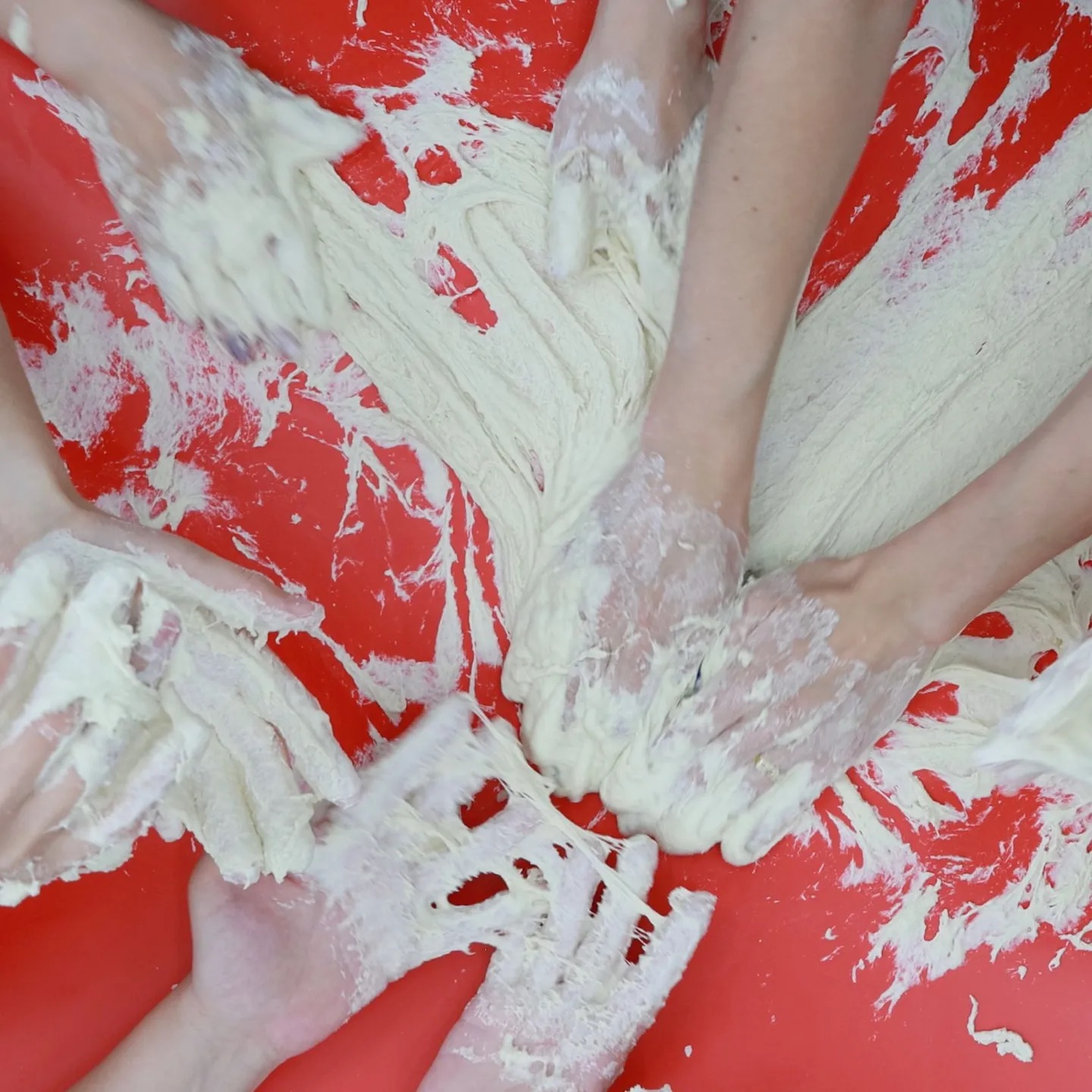
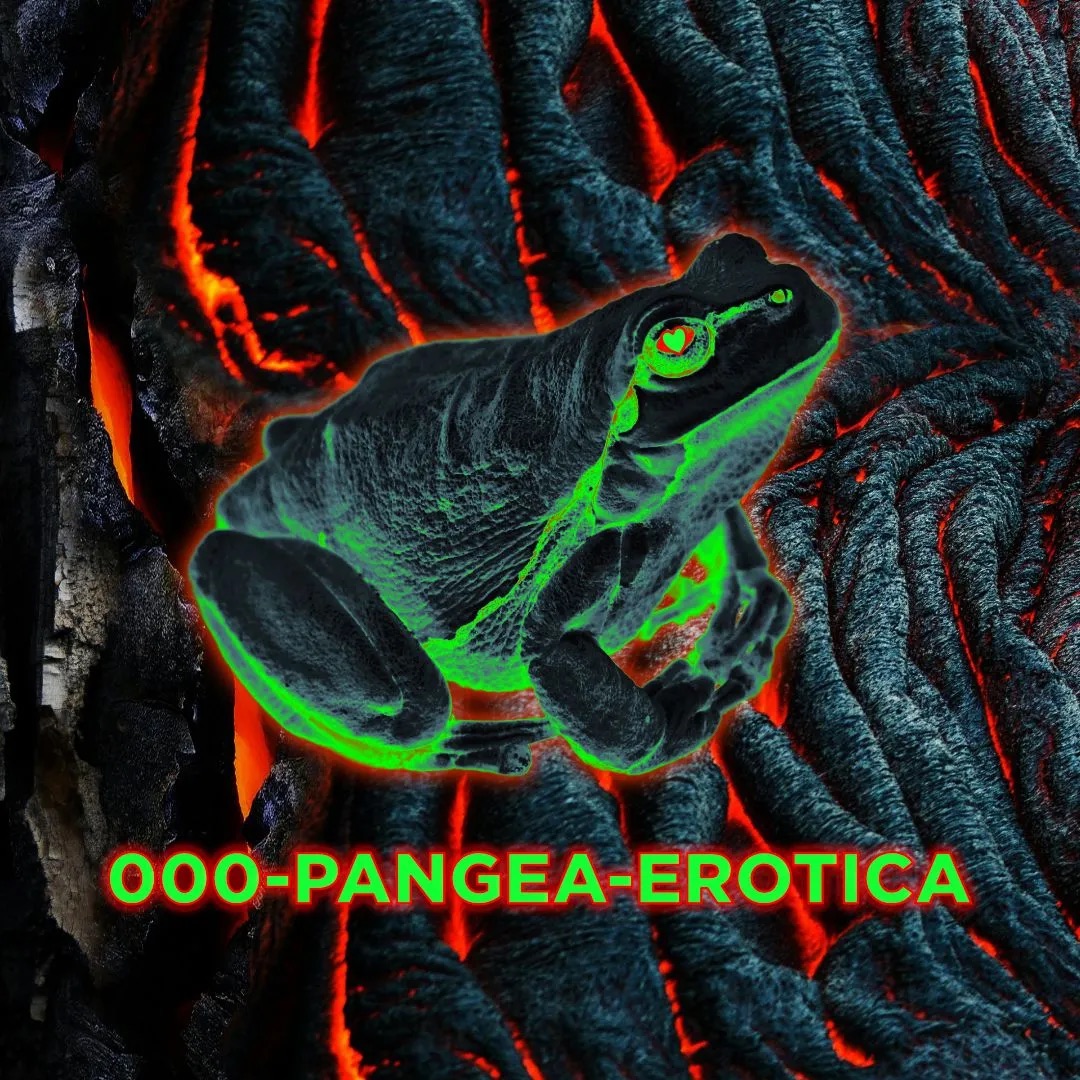

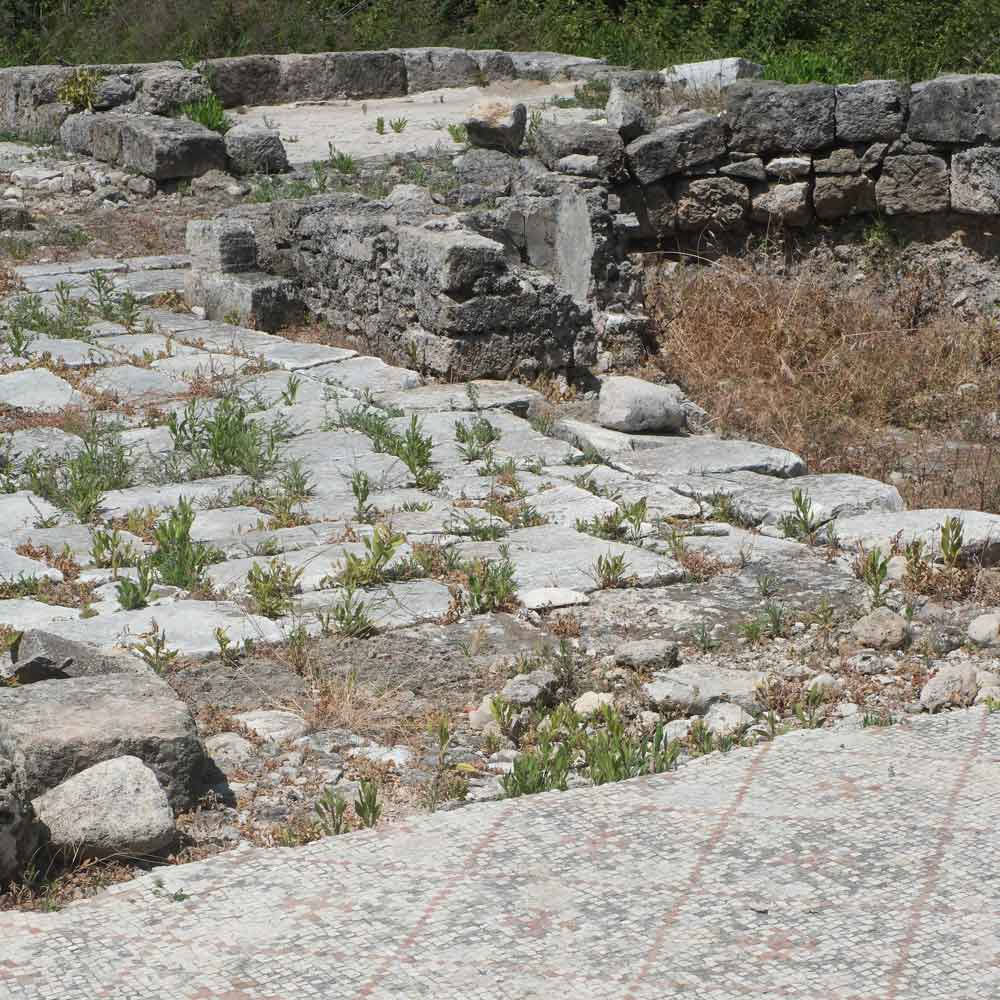
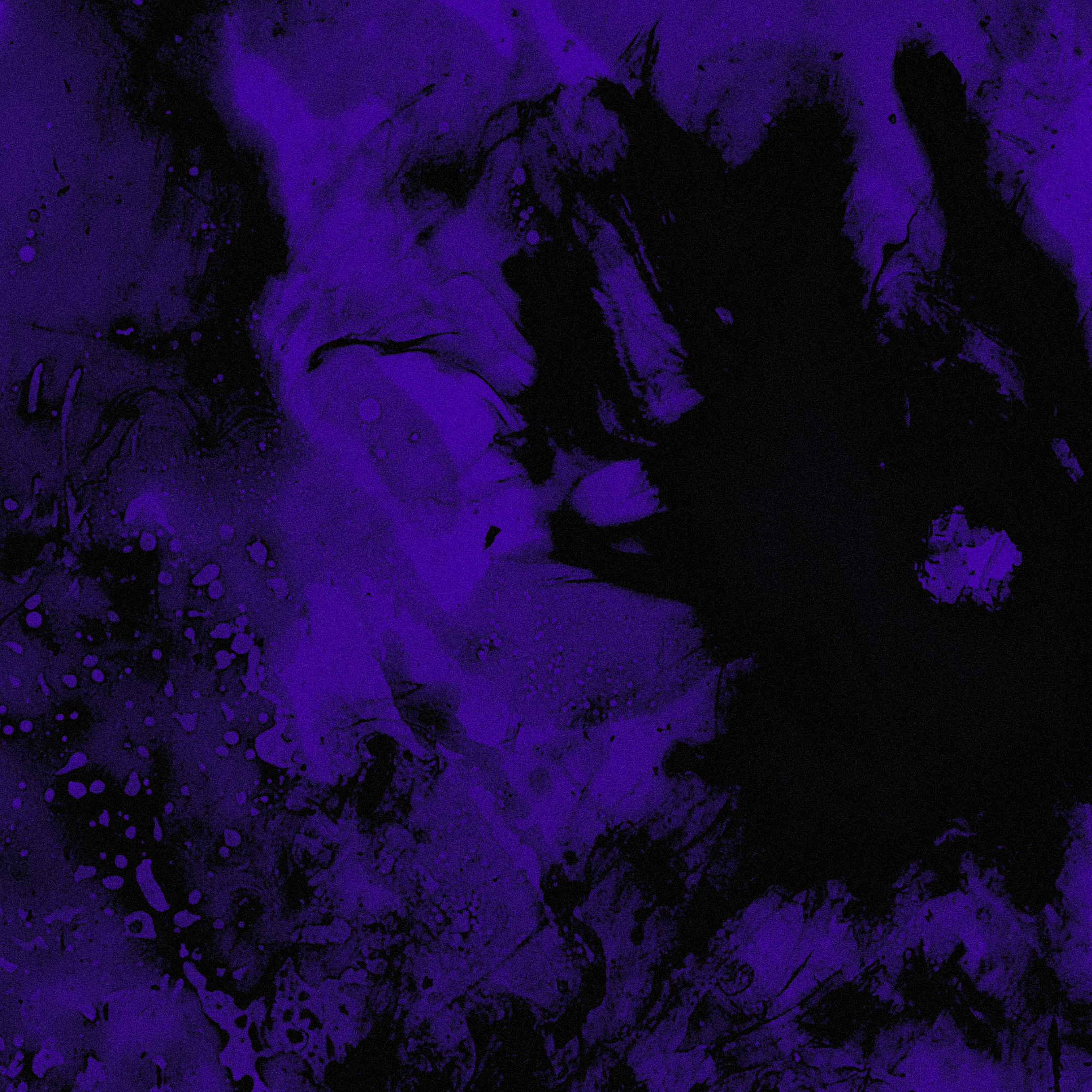
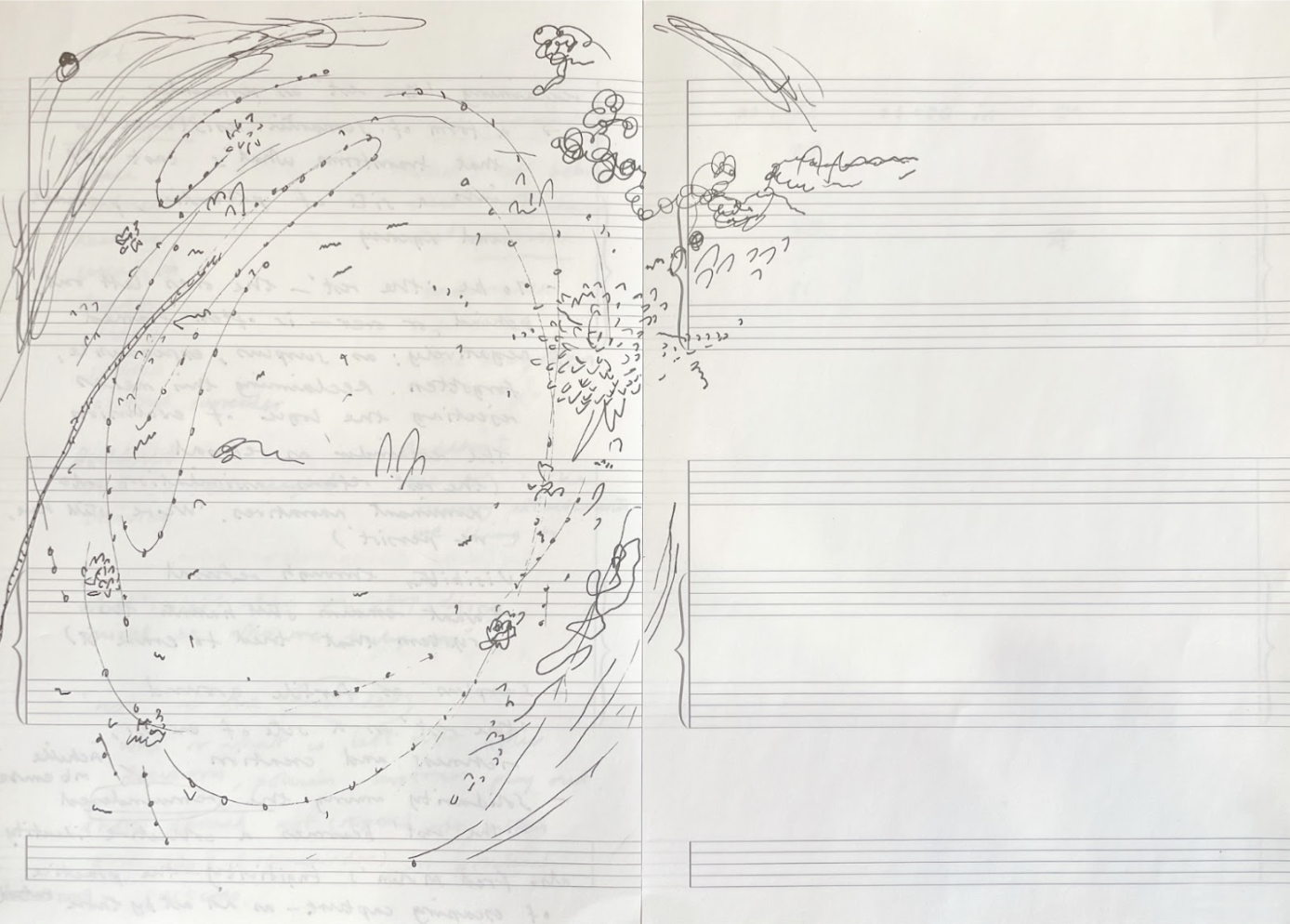
Postnatural Gardening: Ecological practices for interspecies care
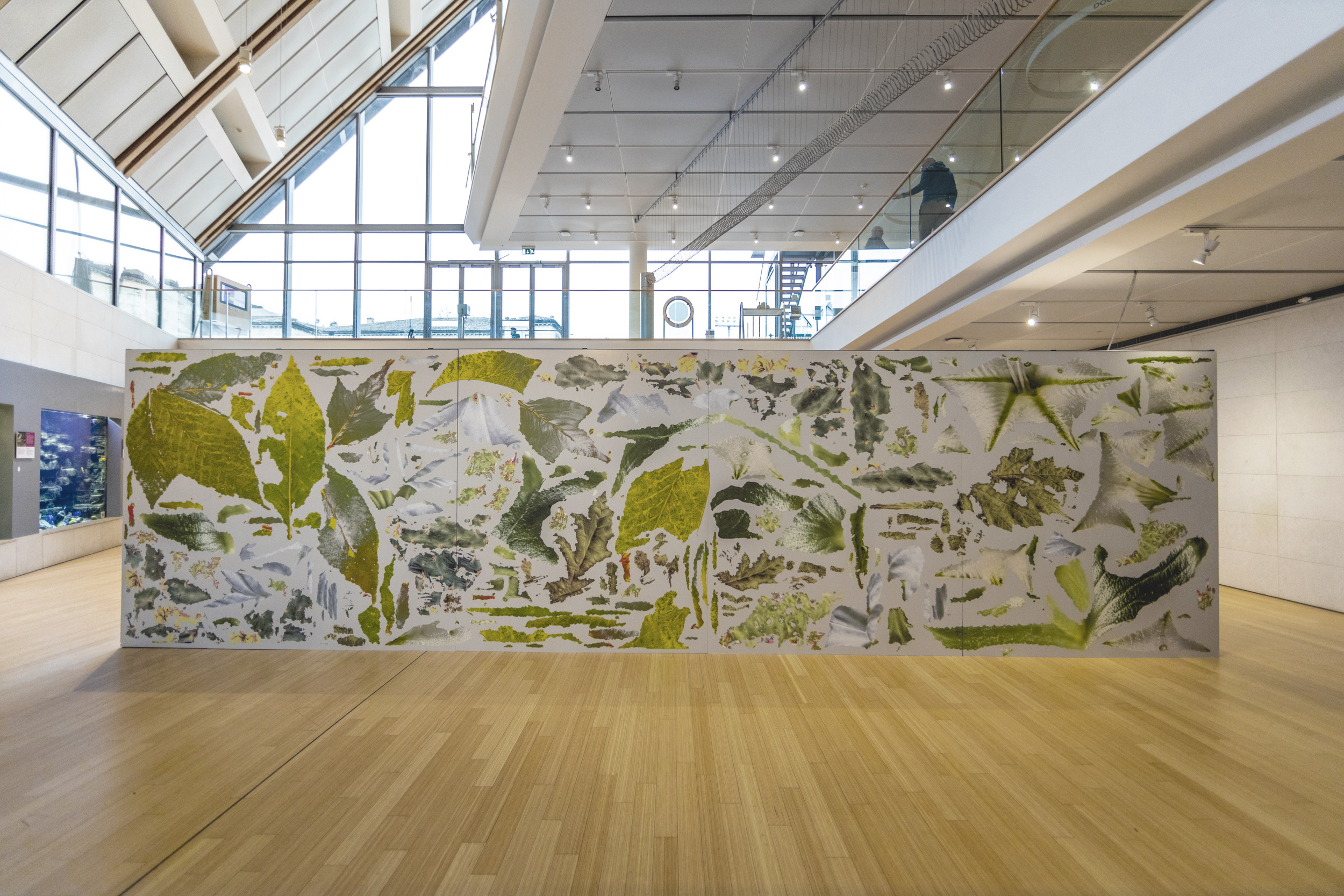
General Info
- Location
-
Trento, Italy
- Comissioned by
-
Muse - Museo delle Scienze di Trento
- Date
-
09/03/2024 – 28/04/2024
- Typology
-
Exhibition
- Curated by
-
Alice Labor
Curatorial Statement
The project Postnatural gardening. Ecological practices for interspecies care conceived for the Agora space re-examines the relationships between human cultures and the vegetal realm, inviting the public to shift our anthropocentric perspectives of plants, fungi, mosses, and lichens, and embrace inclusive horizontal visions towards all more-than-human beings, creating alliances based on empathy and coexistence.
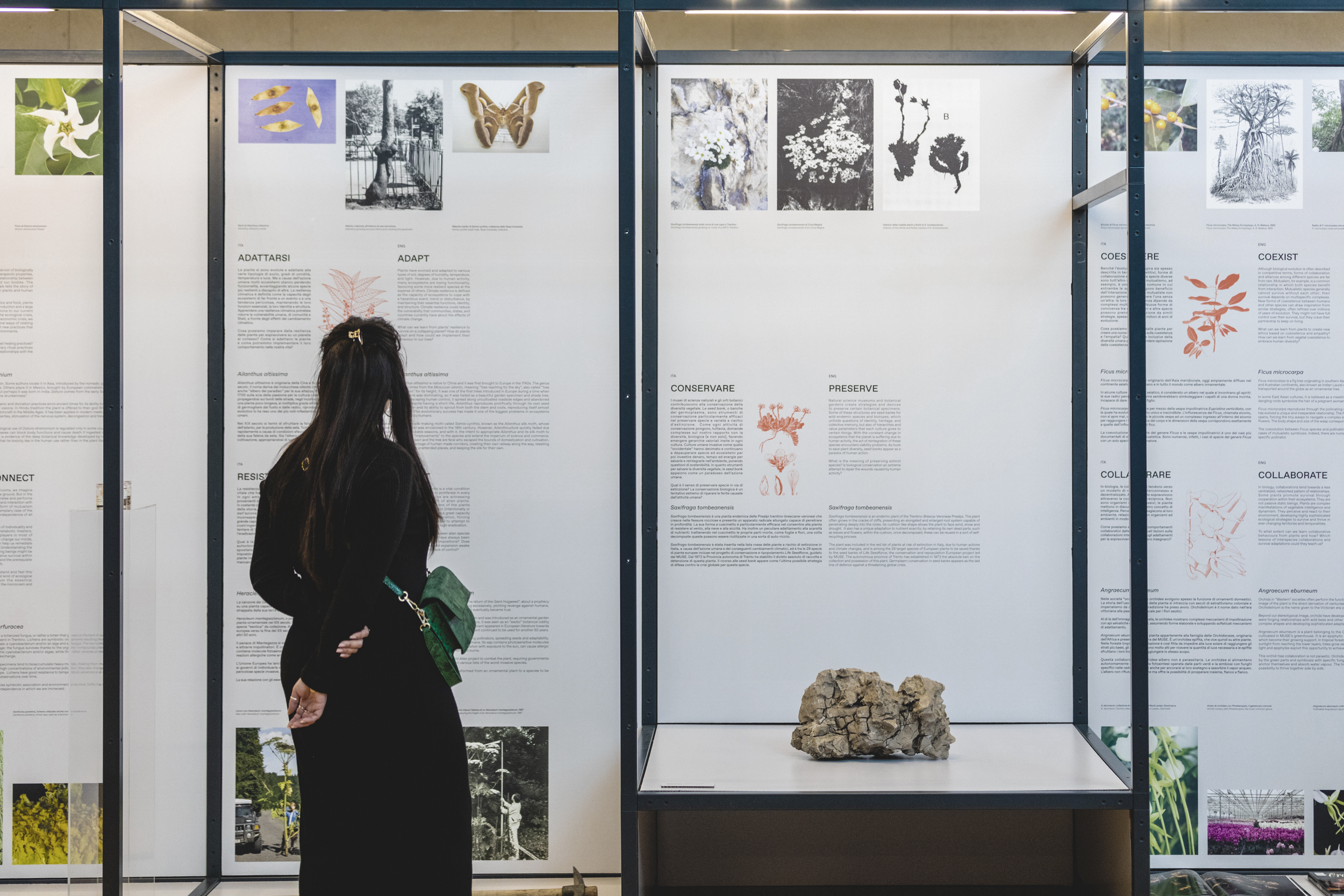
Exhibition display
The Institute for Postnatural Studies invites to redefine, in dialogue with MUSE researchers, the narratives that surround our understanding of "nature" through speculative and imaginative methodologies beyond taxonomies. Proposing postnatural gardening as a theoretical framework or thinking tool unfolds experimental and stimulating provocations that push us to question the values on which modernity is based and redefine new ways of being in the world through a decolonial perspective that decentralizes the human. Creating a glossary that includes some of the actions that link us to botany and give shape to contemporary ecological practices allows us to collectively re-signify concepts and classifications on which the societies of a certain part of the world have historically been founded. The project, organized around different media (exhibitions, workshops, films, literature, etc.), will form a garden of ideas, stories, and relationships. The Agorà will become an inviting and participatory parliament that tells parallel stories to the museum's approach and research, expanding its actions, meanings, and processes.
The space of the exhibition, conceived as a constellation, becomes an invitation to understand the intersectionality between the different disciplines, their processes, and the relationships on which they are based, expanding the museum’s narrative. Each proposed term will intersect with the stories of some botanical specimens from the MUSE collections, exhibited until now only in rare cases, broadening their stories and opening them to questions and critical reflections. The Agorà thus becomes a space to question and reconfigure ecological and sustainable methodologies in a participatory manner, starting from language, images, and collections.
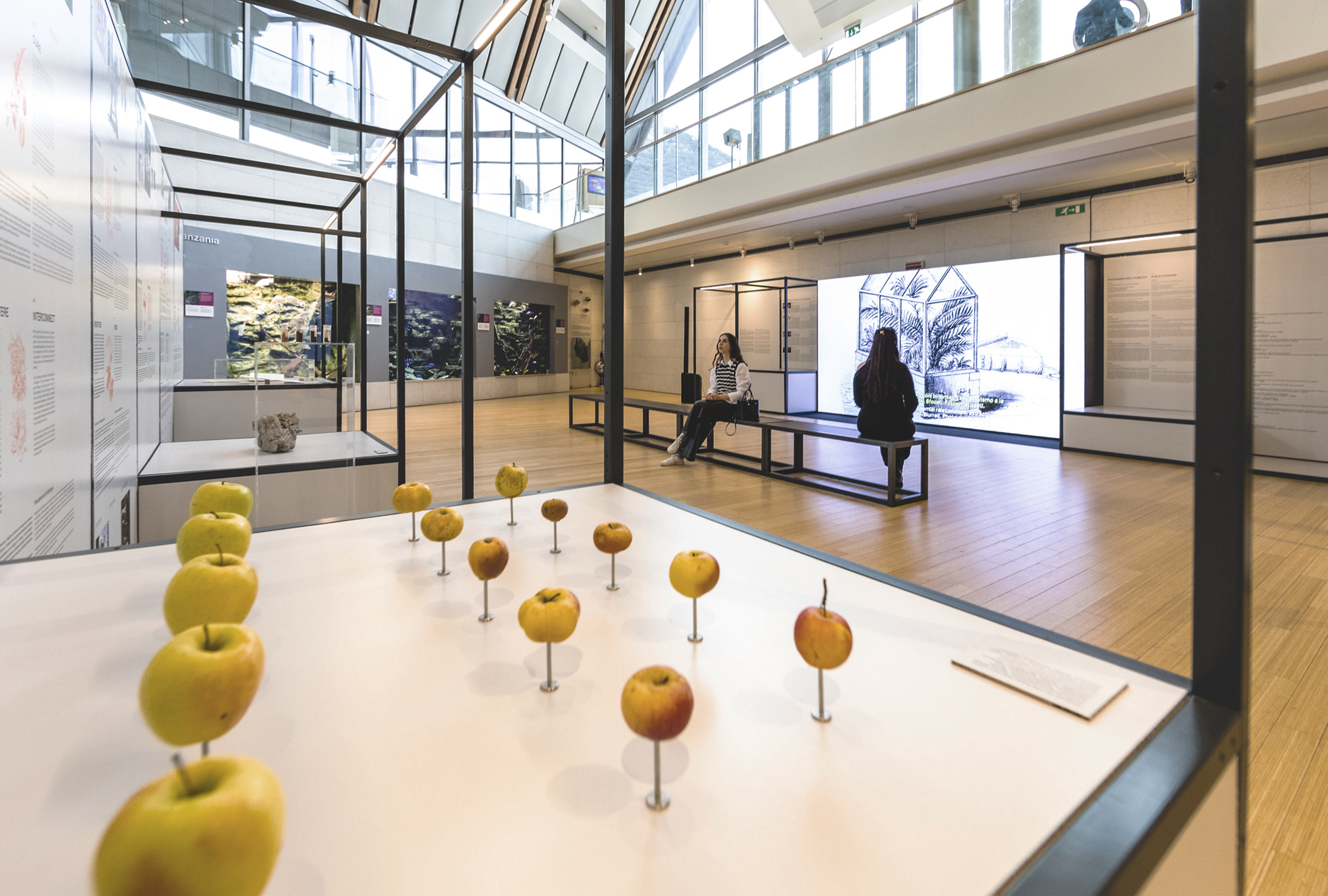
Exhibition view at MUSE - Trento
Cultivating collective gardens
Experimental methodologies and postnatural approaches to contemporary practices
Gardening is the practice of cultivation, a method of caring for plant species entwined with the development of specific spaces and apparatuses where plants are grown, observed, and studied. Science museums, botanical gardens, archives, and collections serve as the infrastructures for botany, the science of plant life, and a branch of biology. These institutions dedicated to displaying, studying, and collecting such elements have played a significant role in shaping our relationship with the environment, fostering narratives that elevate the plant kingdom into the cultural realm. It is within these institutions that stories of the interrelations between humans and plants are nurtured, archived, and perpetuated within western systems.
Post-nature is a framework that encourages the destabilization of the nature-culture dichotomy, offering an inclusive and open space to explore new ecological approaches. Blurring the boundaries between science, aesthetics, ethics, and politics, it presents a dynamic network where forms of life, materialities, technologies, and cultures intertwine endlessly. Defining the postnatural involves reconsidering our relationship with environments, categories, and narratives across different temporal and spatial contexts, always within specific and situated geographical coordinates. Therefore, this reevaluation occurs within museums and institutions that engage with, contemplate, and interpret nature.
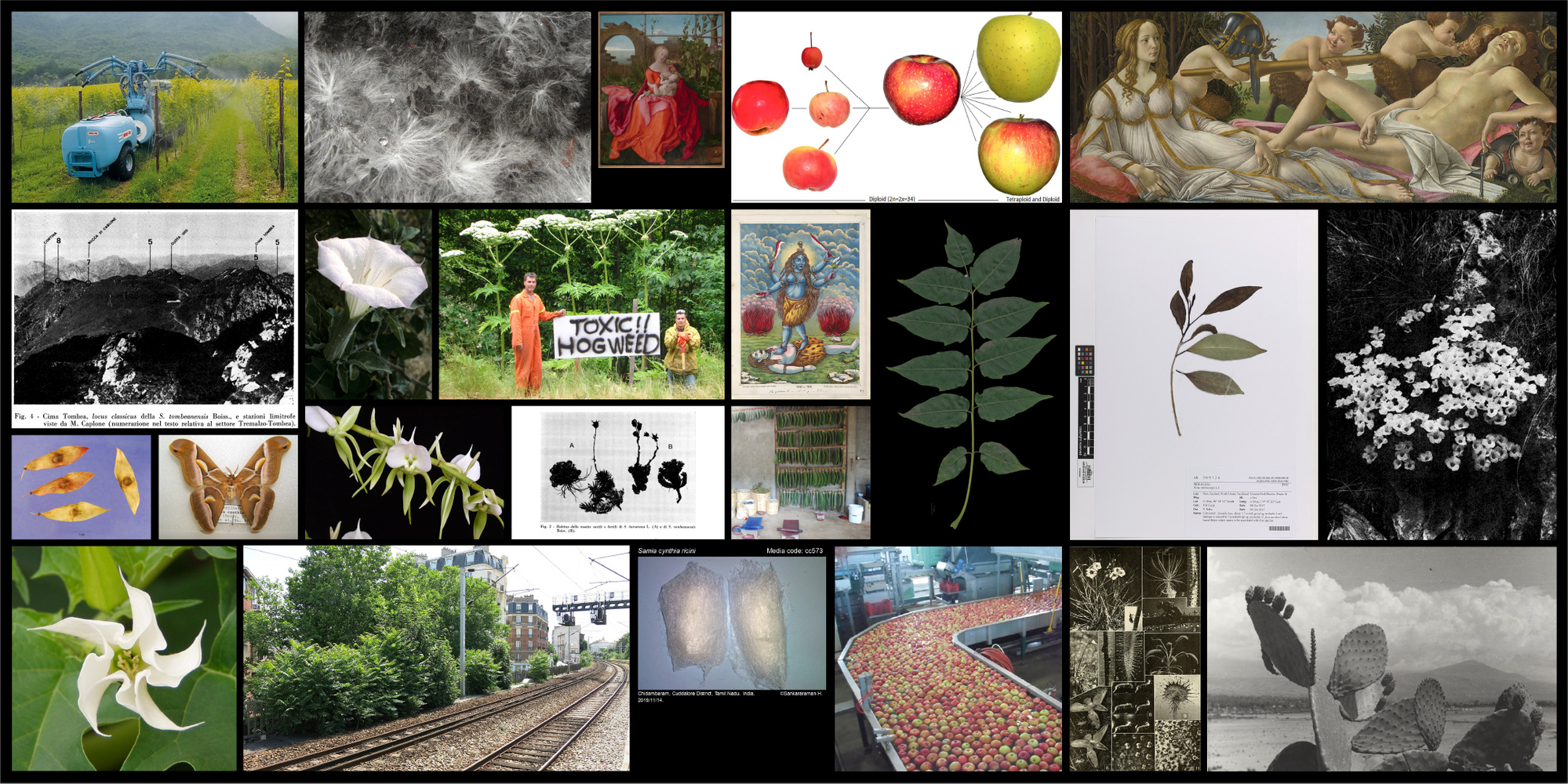
Raising ecological questions and practices entails abandoning linear and objective narratives to embrace an environmental perspective from various angles and disciplines. This project aims to provide such a space by facilitating collaboration, critical thinking, and mutual questioning between two institutions through shared experiences of listening and gardening together.
By conducting interviews and exchanges with the museum's team and delving into the institution's archives, the Institute for Postnatural Studies perceives this exhibition as an opportunity to rethink the forms and structures of presenting the natural world. It seeks to incorporate empathy, affection, and active listening as mechanisms and tools for contemporary cultural practices. Thus, the project's shape evolves through ongoing collaboration, giving rise to the concept of an ecology of care, which extends beyond the mere display objects to encompass the well-being of those responsible for maintaining them.
This postnatural garden prompts us to reconsider our understanding of the present and the temporality of these collections' display, sharing, and communication. The project transcends its material form, incorporating abstract elements, conversations, and ideas that extend beyond spatial considerations. Fluid and dynamic, it encompasses idiosyncratic, institutional, and ritualistic components. Utilizing various elements and formats, postnatural gardening serves as a thinking tool to foster dialogue rather than provide definitive answers, generating further inquiry.
From AI-generated moving images that reimagine traditional botanical displays in contemporary visual societies to narratives, images, and graphics, these elements form a constellation that resonates in multiple directions. Consequently, the project expands its boundaries, creating not only a space for display but also a platform for debate. The concept of an open archive or parliament, where objects, subjects, stories, and all stakeholders converge, fosters a multidimensional agora that challenges, expands, and reimagines the institution's infrastructure.
These are some of the questions explored throughout the collaborative process, aiming to push the boundaries of the natural, gardening, and institutional practices. An inclusive garden that invites everyone to cultivate new narratives and discussions about the present and the future.
Credits
- Photos
-
Michele Purin
